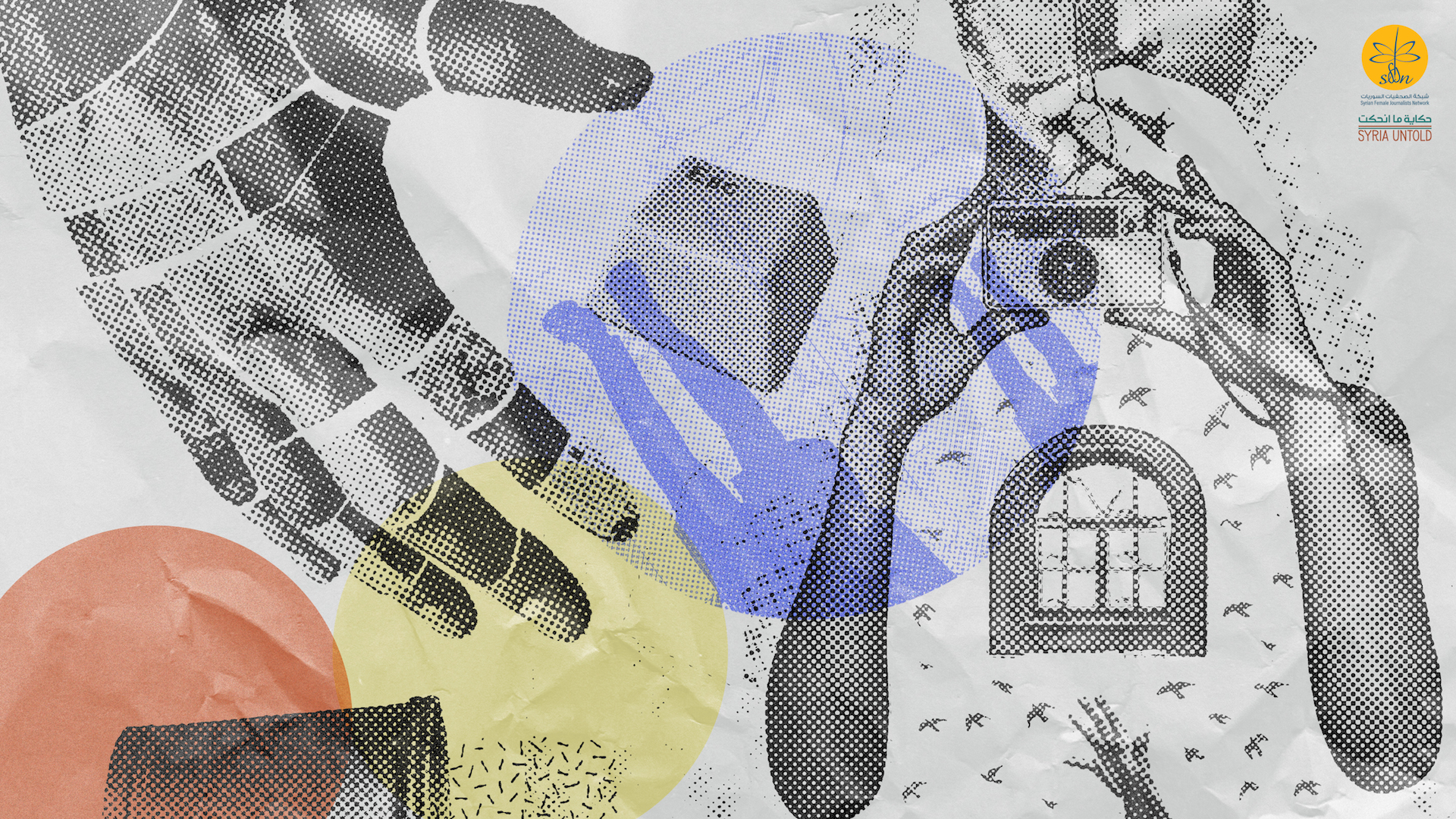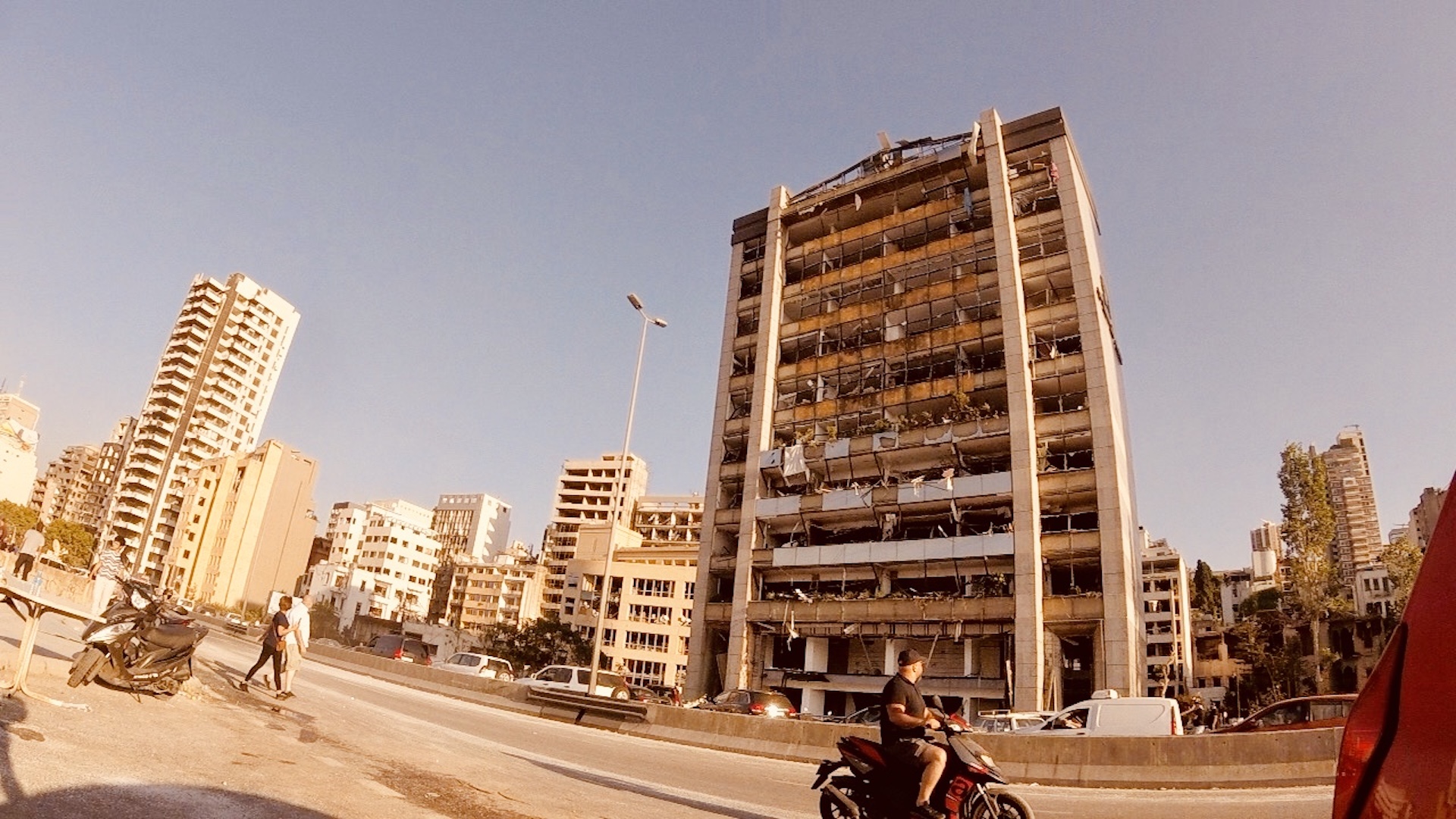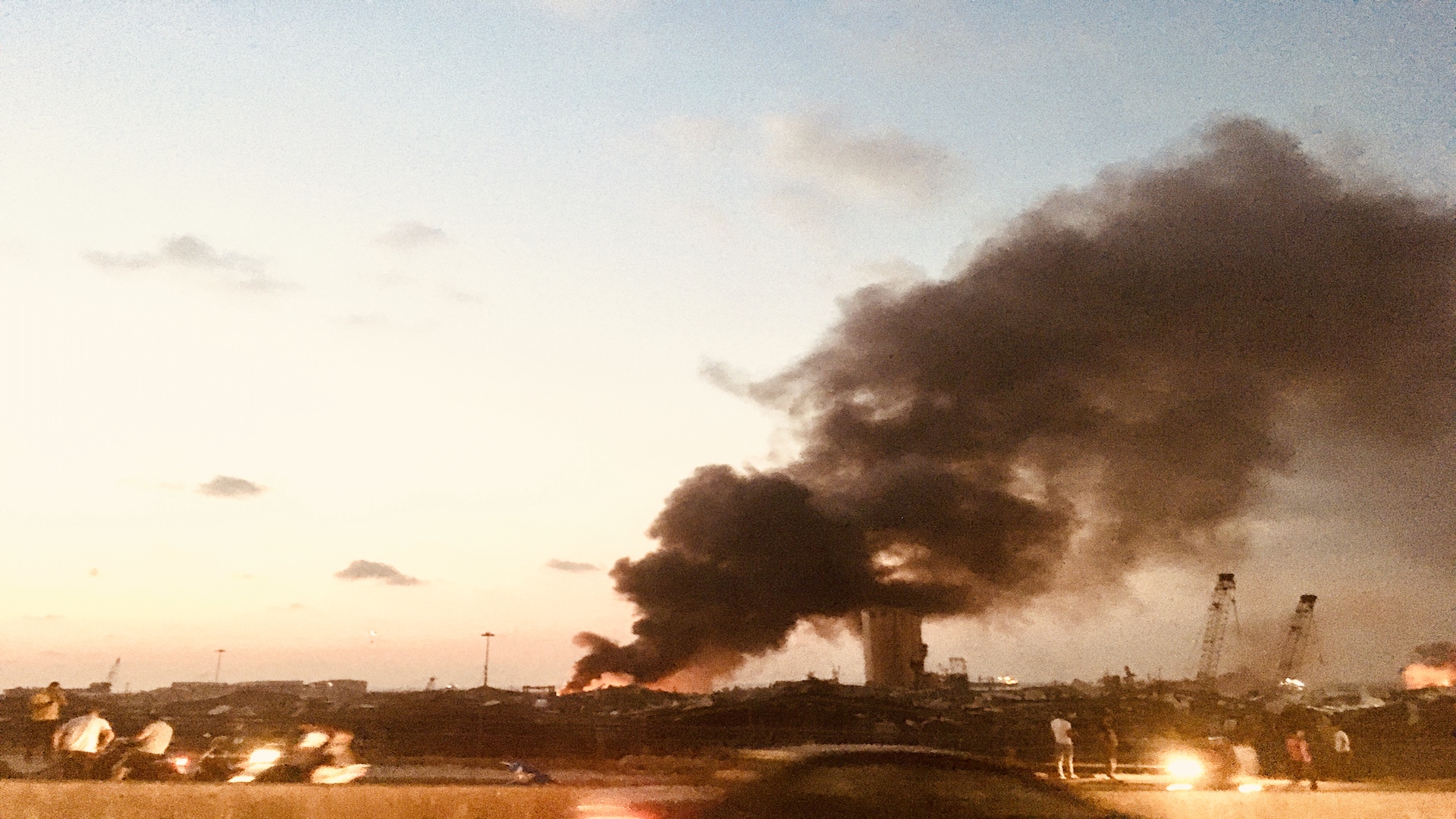Losing Beirut: On Life in a Shattered City (Lithub)
"A walk through the blown-out districts near the port is a walk through our memories, the days before the explosion and the fall of our currency and the pandemic. We must rewind past the clocks that stopped at 6:07 pm on August 4, past pandemic lockdown, far back to times before October, when the love/hate relationship with this city perpetually energized and depleted us like addicts on IVs. We knew its corruption ran deep, but so did our love for its chaos and how nowhere else spun out into story like it. We were like kamikazes, ignoring the likelihood of all this buried corruption blowing up in our faces."
Beirut explosion imperils Lebanon’s refugee population—and aid routes to Syria (Foreign Policy)
“The massive explosion that rocked Beirut and destroyed much of the Lebanese capital’s port last week threatens to have disastrous consequences for the roughly 1.5 million Syrian and Palestinian refugees who have long relied on humanitarian aid in the country, according to officials and aid workers who spoke to Foreign Policy.”
COVID-19 spreads out of control in Damascus (Syria in Context)
"As it becomes increasingly clear that the virus is far more prevalent than is being reported, an urgent increase in supplies and a radical change in approach to mitigating the outbreak, as well as increased transparency, are needed to prevent the growing catastrophe."
“They treated us in monstrous ways” (Human Rights Watch)
“Since the Syrian conflict began in March 2011, men and boys and transgender women have been subjected to rape and other forms of sexual violence by the Syrian government and non-state armed groups, including the extremist armed group Islamic State (also known as ISIS). Heterosexual men and boys are vulnerable to sexual violence in Syria, but men who are gay or bisexual—or perceived to be—and transgender women are particularly at risk.”
No papers, no rights: Understanding Syria’s civil documentation crisis (The New Humanitarian)
“In a nine-and-a-half-year war that has killed hundreds of thousands and forced millions to flee their homes, paperwork might seem like a trivial issue. But for the many Syrians who lack ID cards and other documents crucial for accessing healthcare, education, and aid, it’s anything but.”
Syria’s inconsequential 2021 presidential elections must be ignored (Atlantic Council)
“On July 19, Syria held its scheduled parliamentary elections, resulting in a major win for Baathist Party members, militia leaders and their affiliates, and the new business elite. This latest round of legislative elections witnessed low voter turnout (officially, 33 percent of the electorate showed up), outright public objections to the results by defeated candidates, and systematic manipulation of the results. These phenomena constitute worrying indicators of the Bashar al-Assad regime’s plans for the presidential elections next spring.”
US oil company signs deal with Syrian Kurds (Al-Monitor)
“The Kurdish-led Autonomous Administration of Northeast Syria has signed an agreement with an American oil company, well-placed sources with close knowledge of the deal told Al-Monitor. One of the sources said the agreement to market oil in territory controlled by the US-backed entity and to develop and modernize existing fields was inked last week ‘with the knowledge and encouragement of the White House.’”
A new Palestinian community? Syria’s uprising and conflict, from the perspective of the Palestinian camps (Rosa Luxemburg Stiftung)
"This report represents the first-ever dedicated study in English of Palestinian-Syrian politics and community dynamics since the beginning of the 2011 Syrian uprising until the present day. It investigates how the Syrian uprising, and the conflict that followed, played out in Palestinian-Syrian communities and how Palestinians themselves participated in events after the first major protests broke out in Daraa in March 2011."






